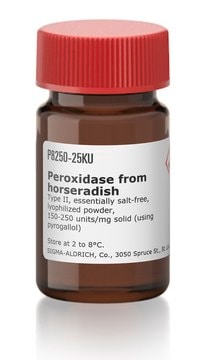02150
Bis(1-butylpentyl) adipate
Selectophore™, ≥98.0%
Synonym(s):
Adipic acid di-5-nonyl ester, BBPA, Di(5-nonyl) adipate
About This Item
Recommended Products
grade
for ion-selective electrodes
Quality Level
product line
Selectophore™
Assay
≥98.0% (GC)
≥98.0%
form
liquid
density
0.910 g/mL at 20 °C (lit.)
SMILES string
CCCCC(CCCC)OC(=O)CCCCC(=O)OC(CCCC)CCCC
InChI
1S/C24H46O4/c1-5-9-15-21(16-10-6-2)27-23(25)19-13-14-20-24(26)28-22(17-11-7-3)18-12-8-4/h21-22H,5-20H2,1-4H3
InChI key
VXQKWLPFTKRXCQ-UHFFFAOYSA-N
Looking for similar products? Visit Product Comparison Guide
General description
Other Notes
Legal Information
Storage Class Code
10 - Combustible liquids
WGK
WGK 3
Flash Point(F)
230.0 °F - closed cup
Flash Point(C)
110 °C - closed cup
Personal Protective Equipment
Choose from one of the most recent versions:
Already Own This Product?
Find documentation for the products that you have recently purchased in the Document Library.
Customers Also Viewed
Our team of scientists has experience in all areas of research including Life Science, Material Science, Chemical Synthesis, Chromatography, Analytical and many others.
Contact Technical Service













